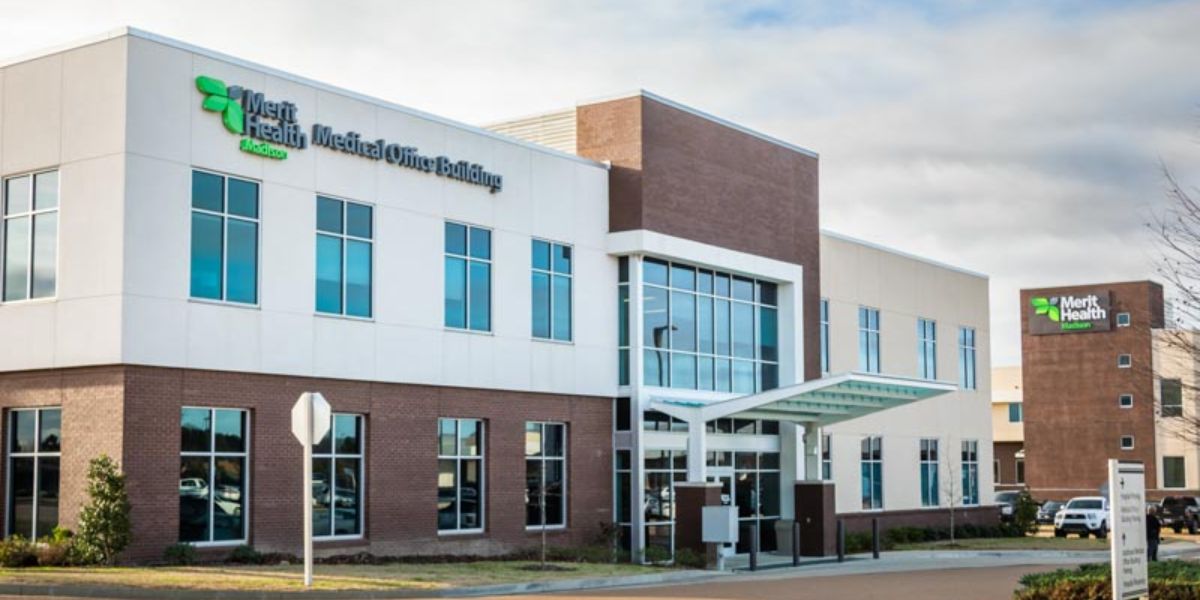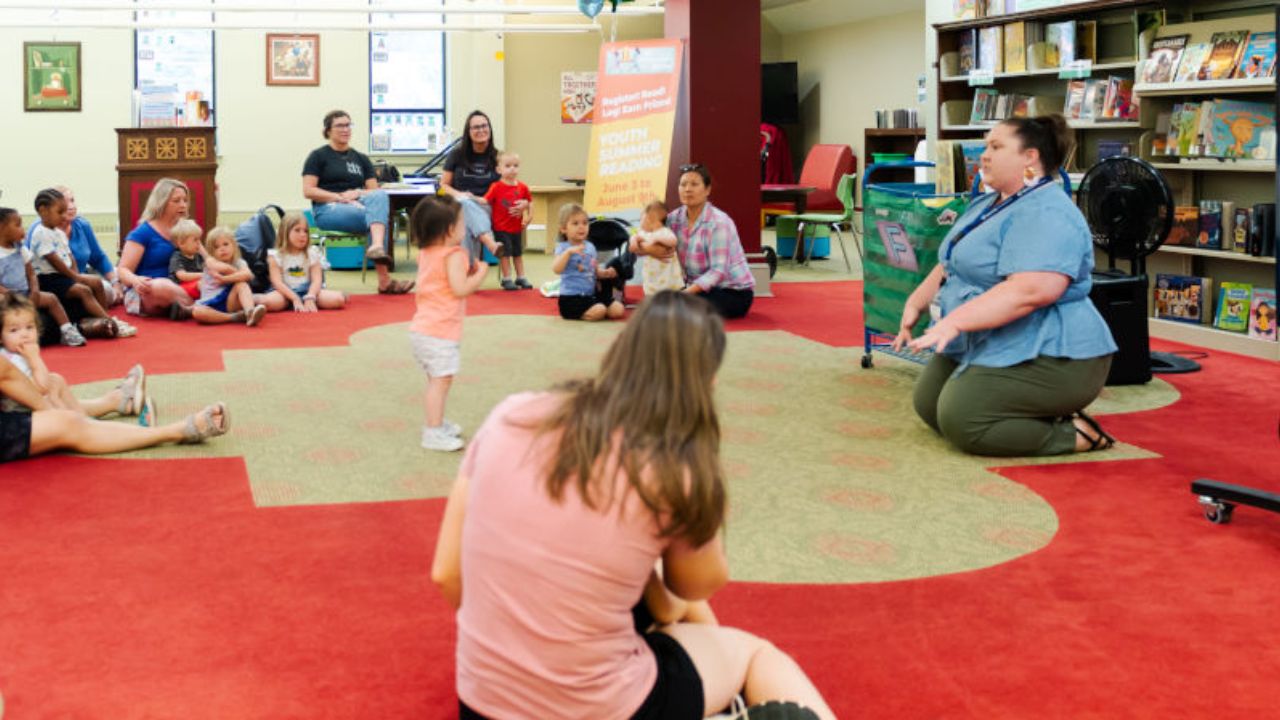Madison County, like many communities across the nation, is facing an increasing challenge with youth addiction. Early intervention is one of the most effective strategies in preventing long-term substance use issues and providing the necessary support to young people before their struggles deepen. In this article, we will explore how early intervention programs in Madison County are working to combat addiction, the role of local organizations, and how families can get involved to ensure the health and wellbeing of their youth.
The Rising Concern of Youth Addiction in Madison County
Substance use among youth has become a pressing issue in Madison County. The local community, along with healthcare professionals, is increasingly aware of how drugs and alcohol can deeply affect young people, leading to both physical and mental health issues. Studies show that early exposure to substances such as alcohol, tobacco, and marijuana can significantly increase the risk of later addiction and other harmful behaviors.
Table of Contents
In Madison County, there has been a steady rise in the number of adolescents seeking treatment for substance use disorders. Early intervention programs are crucial in addressing these issues before they escalate. The earlier young people can access support, the better their chances of recovery and leading a healthy, productive life.
What Are Early Intervention Programs?
Early intervention programs aim to identify and address substance use issues in their earliest stages. These programs are designed to provide support and resources before addiction becomes severe. In Madison County, these programs typically focus on education, counseling, family involvement, and connecting youth to local support networks.
For instance, local healthcare centers work alongside schools to provide screenings, workshops, and counseling services tailored to the needs of young people. These programs often focus on helping youth understand the risks of substance use, learn coping mechanisms for stress and peer pressure, and build stronger emotional resilience.
Key Features of Madison County’s Early Intervention Programs
- School-Based Programs: Madison County schools have partnered with healthcare providers to incorporate prevention programs into their curriculum. These programs focus on educating students about the risks of substance use and the importance of making informed decisions. By providing information in a familiar setting, these programs help reduce stigma and encourage open communication.
- Counseling and Support Services: Many early intervention programs in Madison County offer individual and group counseling sessions. These sessions aim to address the emotional and psychological reasons behind substance use, offering a safe space for youth to explore their feelings and behaviors. Cognitive-behavioral therapy (CBT) and motivational interviewing are commonly used therapeutic methods to help adolescents manage their substance use and develop healthier coping strategies.
- Family Involvement: The family plays a pivotal role in early intervention programs. Madison County’s programs emphasize the importance of family involvement in the recovery process. Parents and guardians are often included in counseling sessions and educational workshops, which helps them understand the challenges their children are facing and how they can support them effectively.
- Peer Support Networks: Connecting with others who are going through similar experiences can be a powerful tool for recovery. Madison County’s early intervention programs facilitate peer support groups where youth can share their experiences, challenges, and successes. This helps reduce feelings of isolation and builds a sense of community.
How Do Early Intervention Programs Work in Preventing Addiction?
The goal of these programs is to intervene at the first signs of substance use to prevent addiction from taking hold. By addressing the issue early, youth can gain the tools and coping mechanisms needed to avoid falling into deeper patterns of substance use.
Studies show that when young people receive help early on, they are more likely to have better long-term outcomes. Early intervention helps prevent the development of full-blown addiction, and youth who go through these programs are more likely to engage in healthier behaviors as they grow older.
The Role of Madison County’s Community in Supporting These Programs
Community involvement is key to the success of these early intervention programs. Local organizations, schools, healthcare providers, and families all play vital roles in ensuring that youth have access to the support they need. Collaborative efforts make these programs more effective, ensuring that resources are well-distributed and that no youth falls through the cracks.
Madison County’s commitment to strengthening its community ties through public health campaigns, school programs, and family outreach is essential. These efforts help create an environment where addiction prevention is prioritized, and young people feel supported in their journey toward a healthy future.
How Can Families Get Involved?
Families are often the first line of defense when it comes to recognizing the signs of addiction in their children. Parents and guardians are encouraged to participate in early intervention programs and seek help when they notice changes in their child’s behavior. By staying engaged and proactive, families can help guide their children through the challenges of adolescence and prevent the development of substance use disorders.
Parents can also benefit from educational workshops that teach them how to identify warning signs, communicate effectively with their children, and create a supportive environment at home. By being informed and involved, families can significantly reduce the risks of youth addiction in Madison County.
Conclusion
Early intervention is a critical component of Madison County’s strategy in preventing youth addiction. By providing educational resources, counseling services, family support, and peer networks, the county is giving young people the tools they need to overcome challenges and make healthier decisions. The collaboration between local schools, healthcare providers, and families plays an essential role in ensuring that Madison County’s youth have access to the support they need.
If you are a parent, teacher, or community member, consider getting involved in local early intervention programs. Together, we can help the youth of Madison County grow up free from the harmful effects of addiction.
What do you think about early intervention programs? Share your thoughts in the comments below!












